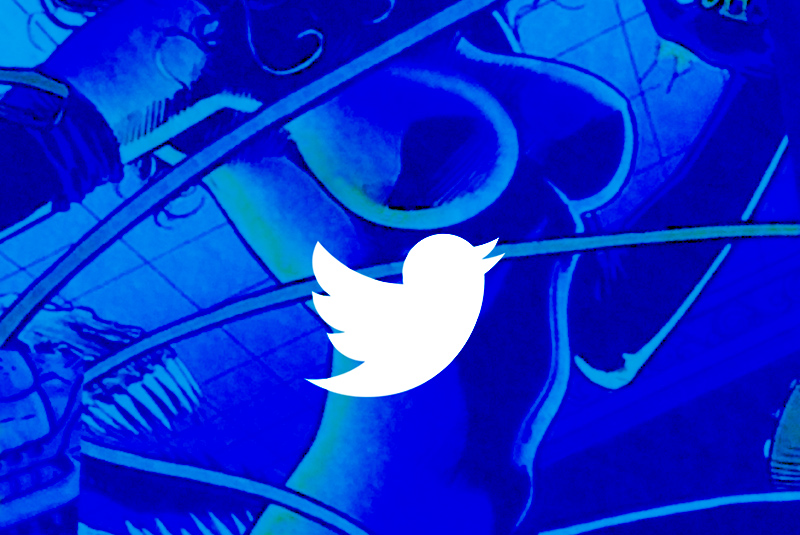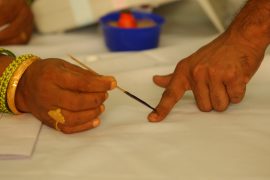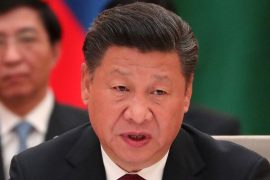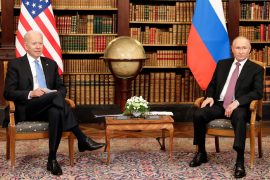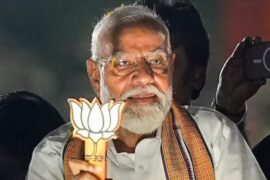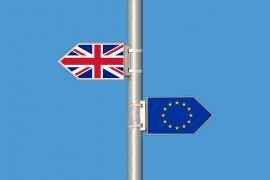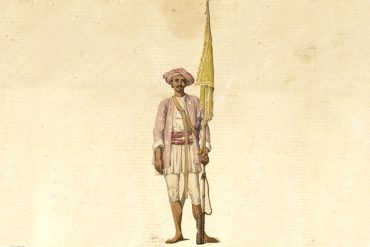The days of venerating global tech companies as paragons of virtue are long gone. Rather than being the crucible of hope and development it had been at the start of the century, Silicon Valley is now perceived, more cynically, as a technocracy – a class of privileged coders and CEOs with more power than they can or should handle.
The poster boy of the recent sins of big-tech has been Mark Zuckerberg, whose company Facebook owns WhatsApp and Instagram. Be it Zuckerberg’s intransigence for removing political advertisements, the accusations against Facebook of colluding with governments (including the BJP in India), or the charges of unchecked misinformation and insidious mercantilism on its platforms, Facebook and Zuckerberg have rightly caused outrage across the world.
But while highlighting the problems with Zuckerberg’s empire is crucial, it is also vital to not allow other platforms with immense influence on social media to fly under the radar. One such platform is Twitter – often hailed as the closest thing on the virtual public sphere to a conscience, thanks in no small part to its CEO, Jack Dorsey, and his forthright stances on seminal issues.
Unlike Zuckerberg’s Facebook, Dorsey’s Twitter does not generally beat around the bush – its bold measures reflect a certain administrative decisiveness. Be it banning political advertisements, repeatedly flagging Donald Trump’s questionable tweets as “manipulated” or having them “fact-checked,” or outlawing extremists and conspiracy theorists from its platform, Twitter has received considerable and consistent plaudits for standing up to the major menaces of the day.
-30-
Copyright©Madras Courier, All Rights Reserved. You may share using our article tools. Please don't cut articles from madrascourier.com and redistribute by email, post to the web, mobile phone or social media.Please send in your feed back and comments to [email protected]

